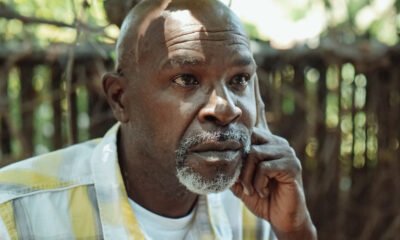abortion
Abortion Amendment Unnecessary for Miscarriage Care

Arizonans should be assured that miscarriage care continues to be accessible, irrespective of the upcoming vote on Proposition 139. This statement underscores the personal experience of Lydia Vest, who shared her story following a heartbreaking loss last year.
During a routine prenatal appointment, Vest faced an agonizing wait as her midwife struggled to locate her baby’s heartbeat. Initially optimistic, she soon learned through an ultrasound that her pregnancy had ended at 11 weeks. The shift from joy to sorrow was immediate as she confronted the reality of her situation.
Following the diagnosis, Vest was guided through the options for miscarriage management. The midwife recommended a dilation and curettage (D&C) procedure to mitigate the risk of infection. She also offered the choice to allow the miscarriage to proceed naturally, a common route in many cases.
Choosing the D&C was fraught with concern for Vest. Fears regarding public perception of the procedure and questions about coverage through her Christian cost-sharing plan weighed heavily on her mind. To her relief, the organization recognized her experience as a miscarriage and offered support, including prayer for her family.
The hospital staff treated Vest with compassion, reassuring her that the D&C was a necessary medical procedure, not an induced abortion. This distinction is critical, as Arizona law separates miscarriage management from abortion, making it clear that women in similar situations have access to appropriate care.
Even after confirming the loss, Vest sought additional verification through another ultrasound, emphasizing her need for certainty. After the procedure, she received a keepsake box containing a quilt, a small teddy bear, and a heartfelt poem in memory of her loss.
In light of her experience, Vest has voiced frustration over misinformation surrounding Proposition 139. She argues that proponents of the measure misleadingly suggest that women will lose access to essential miscarriage treatments if it fails. This narrative alarmingly twists the reality of medical care and emotional support available to women facing similar circumstances.
Vest passionately asserts that comprehensive and safe medical treatment exists for women, regardless of the outcome of Proposition 139. She implores fellow Arizonans to vote against the measure, arguing that protecting the sanctity of women’s health does not necessitate amending the state Constitution to include unrestricted abortion rights.
Lydia Vest is a resident of Mesa, where she is dedicated to raising her family while advocating for the truth about women’s health services in Arizona.


















